Julian Beck
Nacimiento : 1925-05-31, New York City, New York, USA
Muerte : 1985-09-14
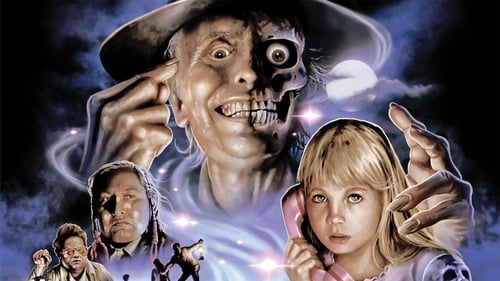
Kane
La familia Feeling se ha mudado de casa para dejar atrás los fenómenos paranormales del pasado. Sin embargo, la pequeña Carol Anne sigue teniendo poderes extrasensoriales, ya que la noche en que su abuela muere, la niña habla con ella a través de un teléfono de juguete. Kane, un demonio disfrazado de predicador, intenta convencer a Carol Anne para llevarla al más allá. La desesperada familia se verá obligada a pedir ayuda a un misterioso médium.
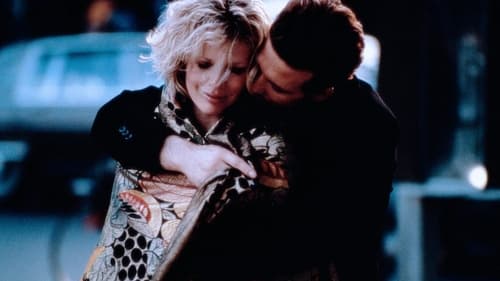
Dinner Guest
Elizabeth, una bella marchante de arte, entabla relación con John, un broker de Wall Street. Tras unos inicios apasionados, la pareja se embarcará, por deseo de él, en una serie de juegos eróticos cada vez más extraños que confundirán a Elizabeth, pues ella le ama pero desconoce los verdaderos sentimientos de John.

Self
A compilation of avant-garde artwork and talent of the mid to late 20th century hosted by Ryuichi Sakamoto.
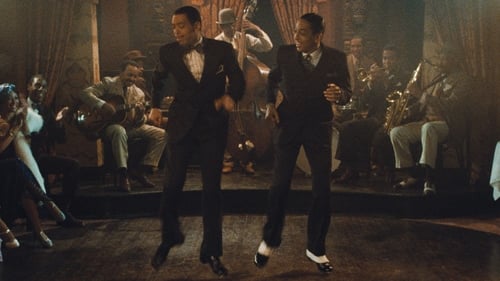
Sol Weinstein
América, años veinte. El Cotton Club es el night club de jazz más famoso de Harlem (Nueva York). Su historia es la historia de la gente que frecuenta el local: Dixie Dwyer (Richard Gere), un atractivo trompetista que busca el éxito y cuya suerte cambia radicalmente cuando salva la vida del gángster Dutch Schultz; Sandman Williams (Gregory Hines), un brillante bailarín negro que sueña con convertirse en estrella, o Vera Cicero (Diane Lane), la novia de Dutch Schultz, una joven bella y ambiciosa cuya vida corre peligro debido a la pasión prohibida que siente por Dixie.

Himself
Signals Through the Flames is at once a history and a celebration of the Living Theatre. Founded in the late 1940s by husband-and-wife performers Julian Beck and Judith Malina, the Living Theatre was for many years the predominent American outlet for the avant-garde movement. There were occasional self-imposed exiles to Europe in the 1950s and 1960s, but the group returned full-force during the Aquarius Age to entertain a new generation of theatregoers.

“New York plays itself, as Taylor Mead and Winifred Bryan regale in pas de deux among the trashcans and the towers. The Studiedly Goofy and the Monumentally Grand are joined in masterly pas de don’t [...] The awed couple do battle with the status quo and teach the world to dance on the head of a bin. Rice detects real dignity in Bryan and amazing grace in Mead as they essay solitary promenades through the parks, subways and streets of a wintery New York landscape. Photographed and directed by Ron Rice, edited and scored by Taylor Mead.” –Edward Leffingwell

Self
During the summer of 1966 Jonas Mekas spent two months in Cassis, as a guest of Jerome Hill. Mekas visited him briefly again in 1967, with P. Adams Sitney. The footage of this film comes from those two visits. Later, after Jerome died, Mekas visited his Cassis home in 1974. Footage of that visit constitutes the epilogue of the film. Other people appear in the film, all friends of Jerome.

(archive footage) (uncredited)
Shot in 1967 but not released until 1975, actor Pierre Clémenti’s acid-infused experimental whirlwind of colour and music featuring a who’s who of the French 60s underground.

Director
Commissioned work by Julian Beck and members of The Living Theatre (featuring Beck and Judith Malina, co-founders of The Living Theatre, in performance) for broadcast on KQED-TV, San Francisco. The Dilexi Series represents a pioneering effort to present works created by artists specifically for broadcast.
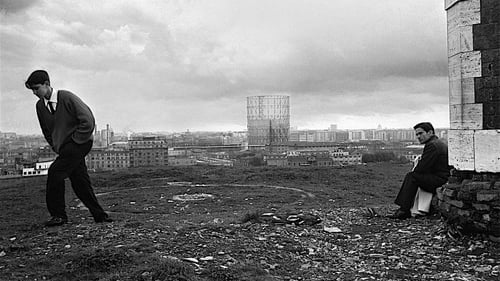
Dying Man (segment "Agonia")
Cinco directores ofrecen sendas historias en las que se entremezclan el amor y la rabia.
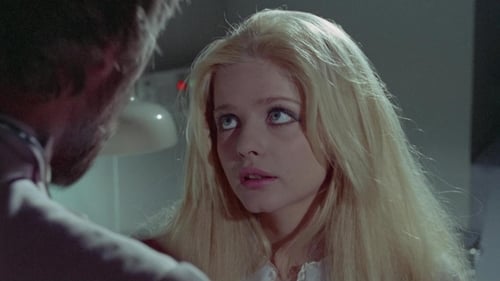
Hippie (uncredited)
Candy (Ewa Aulin) es una chica que ha llegado al mundo de manera mágica y ya crecidita. Estudiante ahora de una institución superior, cuando conoce al egocéntrico, pero celebrado poeta MacPhisto (Richard Burton), Candy aprende de él que, el deber de los seres humanos, es darse a los demás incondicionalmente y sin restricciones... y ella comienza a demostrar su aprendizaje entregándose a él cándidamente. Después, vendrá una serie de aventuras con un cirujano, un comandante de paracaidistas, un camarógrafo... y hasta un gurú, y Candy se dará generosa a los irreprimibles ímpetus machistas. (FILMAFFINITY)

Self
The husband-and-wife acting team of Julian Beck and Judith Malina heads the cast of the "theatre on film" presentation “Emergency”. Screened at the First International Festival of Women’s Films, 1972.

In this film, as in all my previous ones, there is a direct connection between inner urges and cinematic rendering. I tried to visualize my present aspiration to recover, through the various ways taught by one’s experience, the easiness, directness and ripeness proper to children’s relationships and affective life. This film is maybe a track of this path backwards. – A. L.
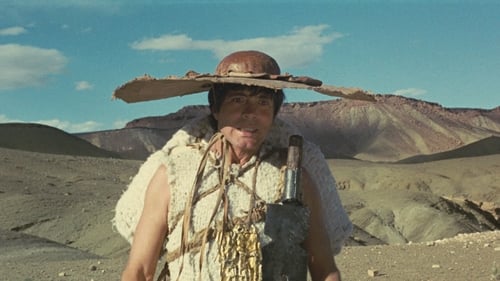
Tiresia
Edipo, hijo de Layo y Yocasta, reyes de Tebas, es abandonado de niño para que se muera, al conocer por una profecía que será el asesino de su padre. Pero el niño es salvado y adoptado por el rey de Corinto. Sin conocer sus orígenes, regresa a Tebas cuando ya es adulto y se cruza en su camino con Layo. Tras una discusión, lo mata, sin saber que era su padre. Posteriormente contrae matrimonio en Tebas con la viuda del rey, es decir, su propia madre.
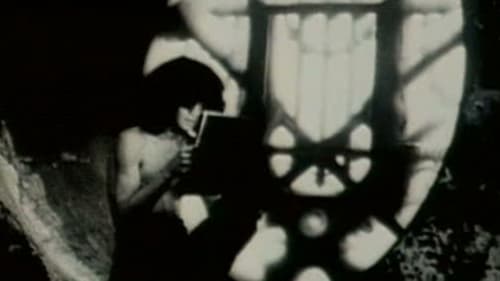
Himself
Series of three short 'Pop Films' directed between 1966 - 67 for French television by Philippe Garrel. Includes footage of The Living Theater in rehearsal, interviews with Julian Beck and Judith Malina, Donovan in concert and The Who in the studio recording 'Pictures of Lily'. Re-broadcast on INA in 1984.

Self
Leonardi's film about the Living Theatre is less concerned with a straight documentary presentation of the exile theatre group from New York, but rather is concerned with the specific atmospheric factor which is indicated by their name, and which constitutes the highly suggestive effect of their playing. Cutting, for Leonardi, is the most decisive aesthetic device. The result is a wonderfully composed furioso of pictures. The hand-held camera catches rehearsals, conversations without sound, bits of theatre and daily life actions (which, for Living Theatre people, is very often intermixed).















